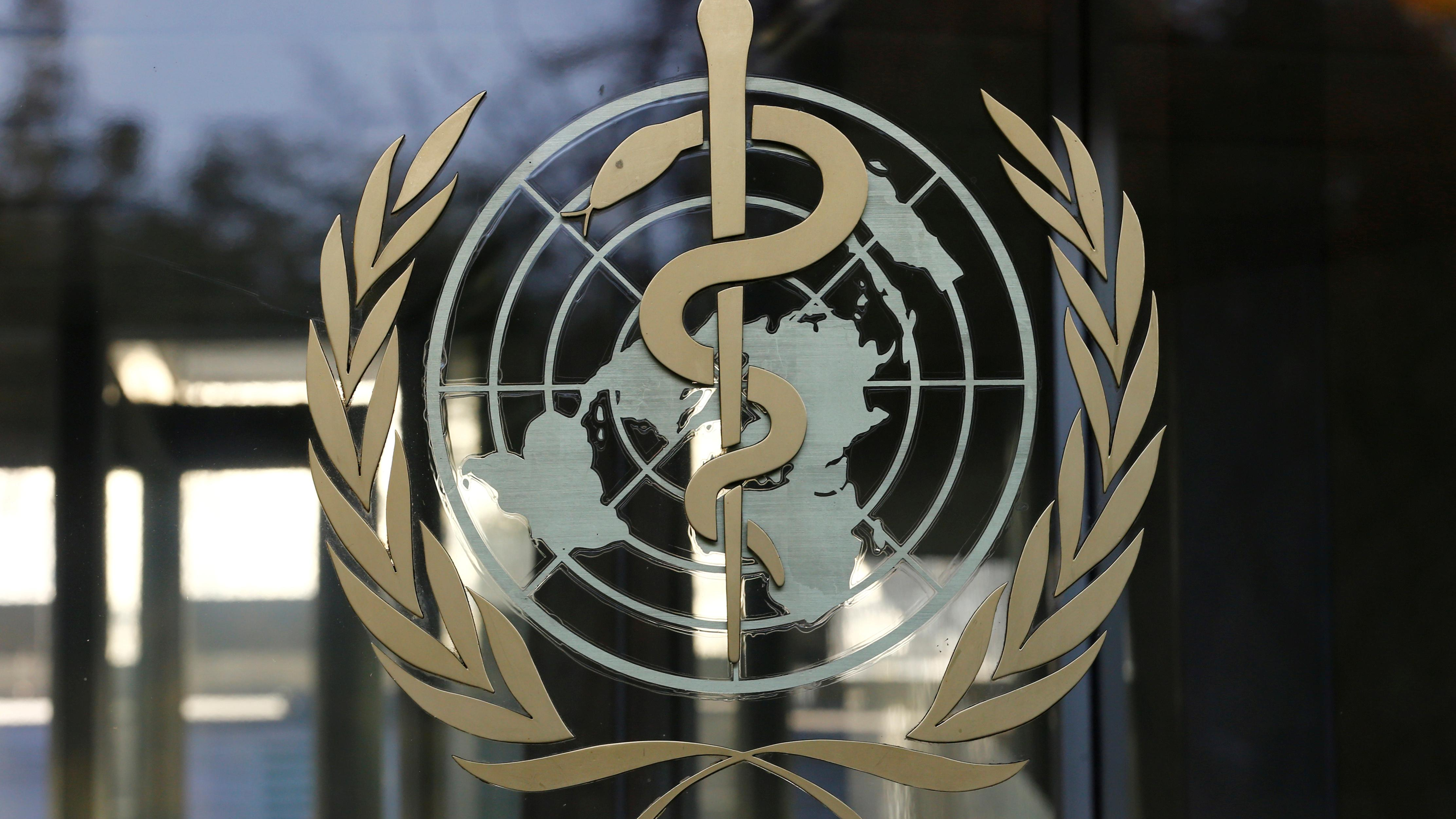
The coronavirus that causes COVID-19 could become endemic like HIV, the World Health Organization said on Wednesday, warning against any attempt to predict how long it would keep circulating and calling for a "massive effort" to counter it.
WHO officials said that it is hard to predict when the pandemic will be over, but countries should stay positive and collaborate closely.
"I think it's important to put this on the table: This virus may become just another endemic virus in our communities and this virus may never go away," said Dr. Michael Ryan, executive director of the WHO Health Emergencies Programme, at a press conference in Geneva. "It is important that we be realistic and I don't think anyone can predict when or if this disease will disappear."
He believes that there is a "massive opportunity for the world" to turn "a tragic pandemic into a beacon of hope for the future," urging the world to "work together to solve our problems through solidarity, through trust, through working together and through a multilateral system that can actually benefit mankind."
"In some senses, we have control over that future, but it's going to take a massive effort to do it," he said, noting that "It's going to need the political, the financial, the operational, the technical and the community support to be a success."
Dr. Maria Van Kerkhove, COVID-19 technical lead at WHO, added that, despite people may be "in a state of feeling quite some despair," we should remain positive and hopeful.
WHO Director General Tedros Adhanom Ghebreyesus added: "The trajectory is in our hands, and it's everybody's business, and we should all contribute to stop this pandemic."
Stay vigilant when lifting lockdown measures
The grim warning came as some countries started to gradually ease their lockdown measures for reopening economies.
If countries "reopen in the presence of a high degree of virus transmission, then that transmission may accelerate," said Ryan. "If that transmission accelerates, and you don't have the systems to detect it, it will be days or weeks before you know something has gone wrong."
"By the time that happens, you are back into a situation where the only response is another lockdown," he added, warning of a vicious cycle of public health disaster followed by economic disaster followed by heath disaster followed by economic disaster.
Ryan pointed out that in countries like Korea, China, and Germany, where there is a jump in cases, the governments have been alert about what's happening, and taken very immediate action to investigate. "I think that's what we need to see."
Kerkhove stressed that it's important that countries have systems in place to be able to rapidly detect cases and then take appropriate actions.
"We need to get into the mindset that it is going to take some time to come out of this pandemic," the epidemiologist said.
The WHO Director-General said the recommendation is the alert in any country should still be at the highest level possible.
(With input from Xinhua, Reuters)